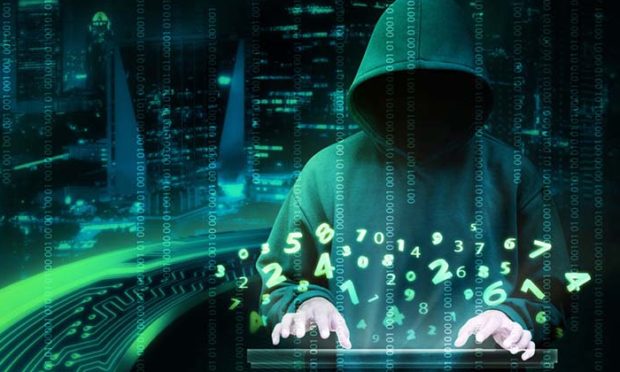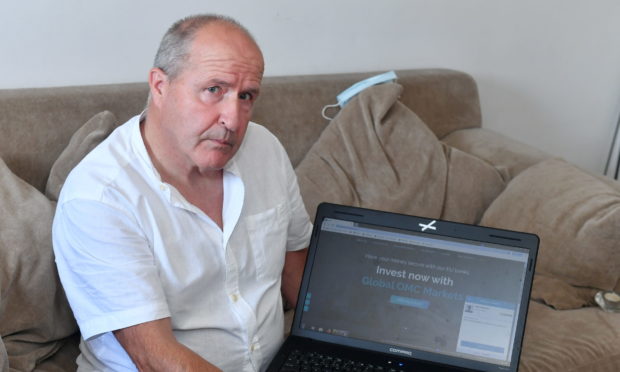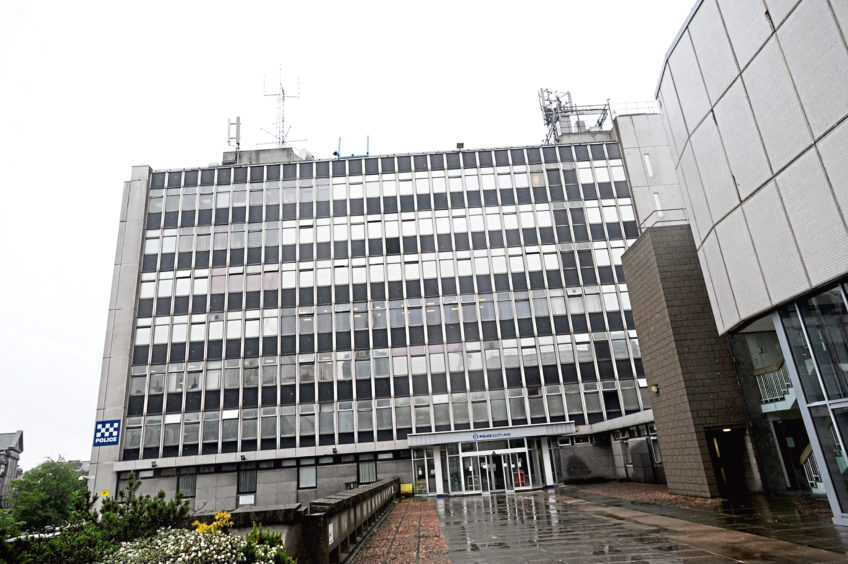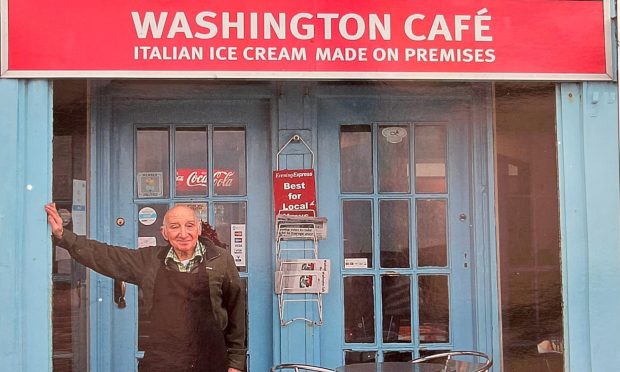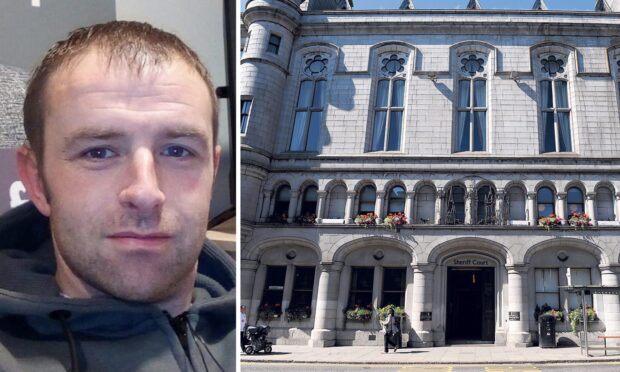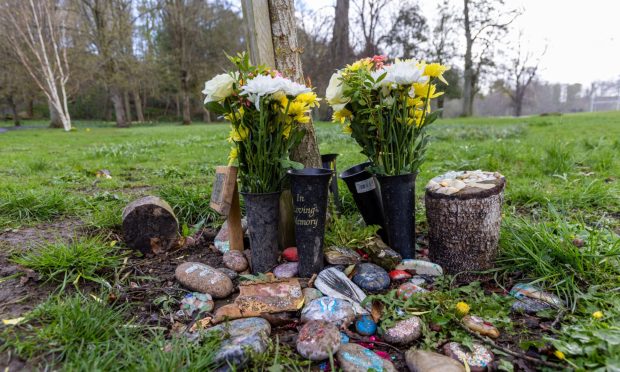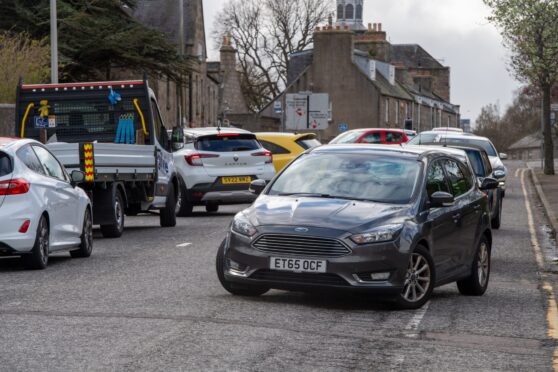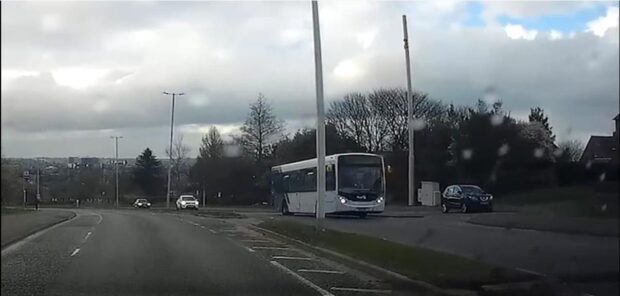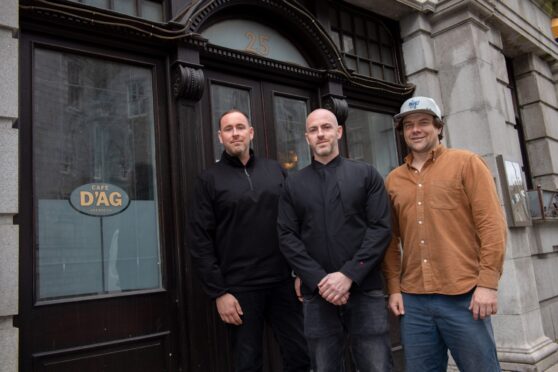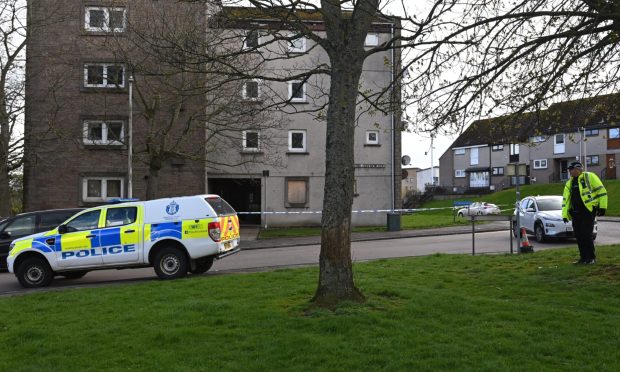A fraud victim turned to detective – and told her scammer’s mum and girlfriend about his crime.
Laura Zubrickaite bought a mobile phone from Facebook’s marketplace – but the seller ceased all contact once she had paid half of the fee, £200.
So the plucky pizza shop worker checked out his social media profile – and revealed to his loved ones what he had been up to.
The 22-year-old has told her story as new statistics show that scammers have successfully fleeced cash from four people every week in the last year, in what is known as sale or purchase frauds.
We can reveal that at least five people a week from the region are scammed when buying online on average.
Our in-depth investigation into fraud in the north-east show there have been 261 instances of sale or purchase fraud in the last 12 months, with scammers getting away with £158,634.98.
And the figures have revealed the problem is growing. In the previous 12-month period – covering August 2018 to July 2019, there were 186 incidents in which £103,336.60 was taken.
Now, police have launched a campaign urging shoppers to help stop gangs in their tracks.
Laura has told her story in support of the police campaign in a bid to encourage others to think about safety when buying online.
“I would definitely encourage people to be careful – there are ways of protecting yourself when buying from individuals online,” she said.
Explaining her experience of being conned, Laura said: “I was looking for a new phone and found a post on Facebook marketplace. It was an iPhone 8 Plus.
“I made contact with the phone’s owner, who was from Glasgow, and he said ‘give me half the money before I send it and the other half when you get the phone’.
“I gave him £200 and he said he would send the phone by Royal Mail within five days. He didn’t give me a postal tracking number.
“I was waiting and waiting but nothing came and he did not reply to my me.
“Royal Mail told me they had no parcels from this person. I told him he was lying and after that he ignored me.”
Frustrated, Laura turned detective.
She said: “I went onto the internet and searched for his family members.
“I messaged his girlfriend and his mum as well. His girlfriend wrote that she didn’t know anything and she was quite shocked. His mother didn’t reply.
“The man who took my money was furious that I had contacted them. He messaged me and said ‘don’t contact my family members’. He’s an idiot. He ended up blocking me online.”
Laura, who is a manager at Domino’s Pizza and is originally from Lithuania, reported the issue to police, who are still investigating the case.
For legal reasons, we cannot name the man who she believes conned her.
She said: “The experience has made me wary of buying things online from people.
“The mistake I made was paying from my bank account. My bank couldn’t help get the money back.”
“Had I used Paypal, I would have been able to get the money back.
“It is good that the police are encouraging people to stay safe when buying products online.”
A Facebook spokeswoman said: “We do not allow fraudulent activity.
“We are a company working to protect users employing technology, reporting tools and human review to remove malicious accounts.
“But there also are steps that consumers can take to protect themselves.”
PC Mark McKenzie, of the North East Division, said: “These statistics speak for themselves.
“They show this is definitely the most common kind of fraud in the north-east.”
Explaining what to look out for, he added: “This kind of fraud has several tell-tale signs and I would encourage people to be extra careful when buying things online.
“These fraudsters will often tempt people with bargain prices for things like mobile phones and electronics.
“They will never meet you or give you the opportunity to see the product first.
“There will be pictures of products so it looks genuine, but those pictures could come from anywhere.
“They will also encourage people to move away from the legitimate sales website to complete the transaction, for example, over email, so the original website can’t resolve it.”
PC McKenzie, who is based at Queen Street station in Aberdeen, said people who hold online auctions sometimes contact losing bidders claiming the winning bidder pulled out, offering the loser a chance to buy it.
He said: “That is a sign of a scam.
“People also need to beware when sellers ask for people to send money to pay for a courier. All these are tell-tale signs of fraud.
“Once the victim makes payment, the fraudster will make excuses about why the product hasn’t arrived and then cease all contact.
“I would advise people to read customer advice on the website they are using to make the purchase to make sure you are following their guidelines.
“Also, I recommended people use a recommended payment method like Paypal otherwise you won’t be refunded for any losses to fraud.
“On auction sites, research the seller for their feedback and their bidding history.
“If you’re just careful about it, it’s easy to catch these frauds before they happen.”

